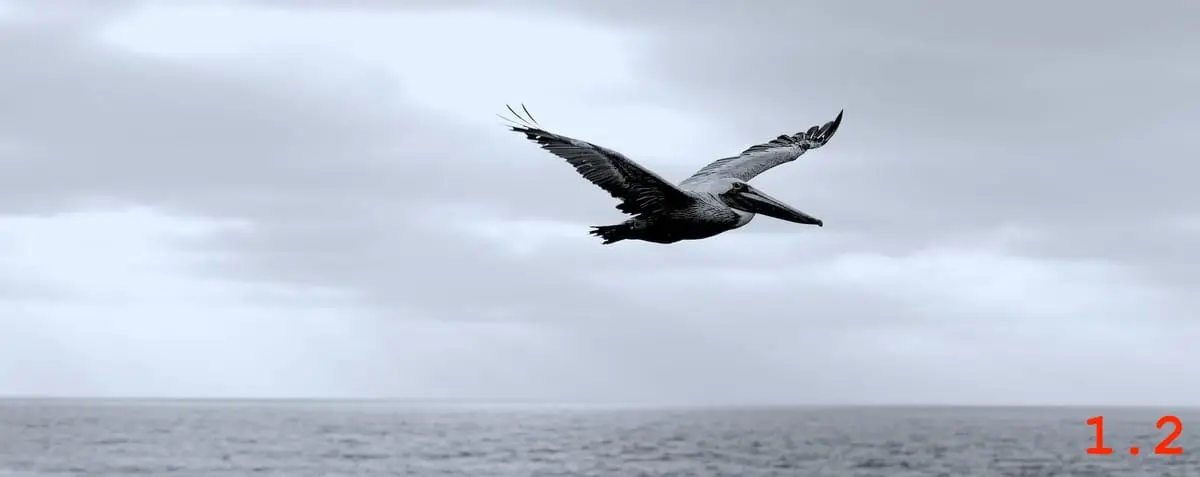Big Content has failed us. It emerged when content became a separate marketing specialization. But then, discipline became dogma. Talk about content devolved into truisms and slogans. Bromides and misconceptions. But perhaps worst of all, it pulled content away from its fundamental direction, serving intermediaries rather than writers or readers.
It’s no wonder that so much of the mass production of content now risks replacement by AI. Mechanical concerns such as reading levels, scannability, snackability, and SEO distort engagement between thinking writers and readers. They are concerns about the reader rather than concern FOR the reader. As a result, content can now proliferate without human agency. The Big Content mentality is what made content so vulnerable to automation.
So, how do we escape from inhuman, inhumane, factory-farm content generation?
Thought leadership is one way out of the cage. There are refreshingly good voices talking about it, going against the grain of Big Content dogma. But it still can be an awfully small pen.
Like factory-farm content, thought leadership risks becoming a practice divorced from context. When its purpose is simply to obey a content marketing dictum that “we need to do more thought leadership” (mostly because everybody else seems to be doing it), it betrays itself. It isn’t just Big Content using bigger words. Neither thinking nor leadership occurs when thought leadership becomes a mere box to check in a strategy.
Here’s why. When the goal is production for its own sake, the writer cannot think. The content cannot lead. And the reader gets pulled into a kind of mental limbo. Stuck. Without the opportunity to rethink or reimagine how they see their world, their challenges, their options.
But the dynamic changes when thought leadership takes its name seriously and gives equal weight to thought readership. A thought leader can offer a thought reader a different perspective on contexts, problems, solutions, and decisions.
This mindset is humane because it’s intersubjective. I, the reader, find insight and encouragement. You, the writer, share your best experience and thinking. And if I now consider my world differently, I am all the more likely to see space for negotiating. I can envision room for what you might offer me. We are more likely to think more compatibly.
Because you thought of me as a reader, I’m more inclined to think of you as a partner and provider in our shared world. All it took was getting yourself out of the content cage instead of trying to pull me into it. You just needed room to stretch your legs, spread your wings, and speak. And now we have the free range to do business together.
Three Grace Notes
“The diabolical thing is the breaking apart, the splintering of the world, so that each person or pairing seems isolated and condemned to its consoling therapy while the economy’s machinery grinds on, grinding people down. The way beyond is not within, in purifying disciplines; it has to go, by way of work and love, into the world.” — Caleb Smith, Thoreau’s Axe: Distraction and Discipline in American Culture
“It’s time to stop shrinking into the smaller box built for you by others—or even the safe, secure, but suffocating box you built for yourself—and start taking up a space of your own. It’s time to embrace your ambition.” — Laura Gassner Otting, Wonderhell
“You have been preoccupied by bullshit for way too long. It’s time to switch your focus to the things that will slingshot you forward.” — David Goggins, Never Finished: Unshackle Your Mind and Win the War Within
Note: The links above are affiliate links. I’m using them in lieu of paid subscription tiers or digital tip jars. Seems like a much more graceful way to generate financial support while sharing more thinking and writing that can guide thought leadership.




